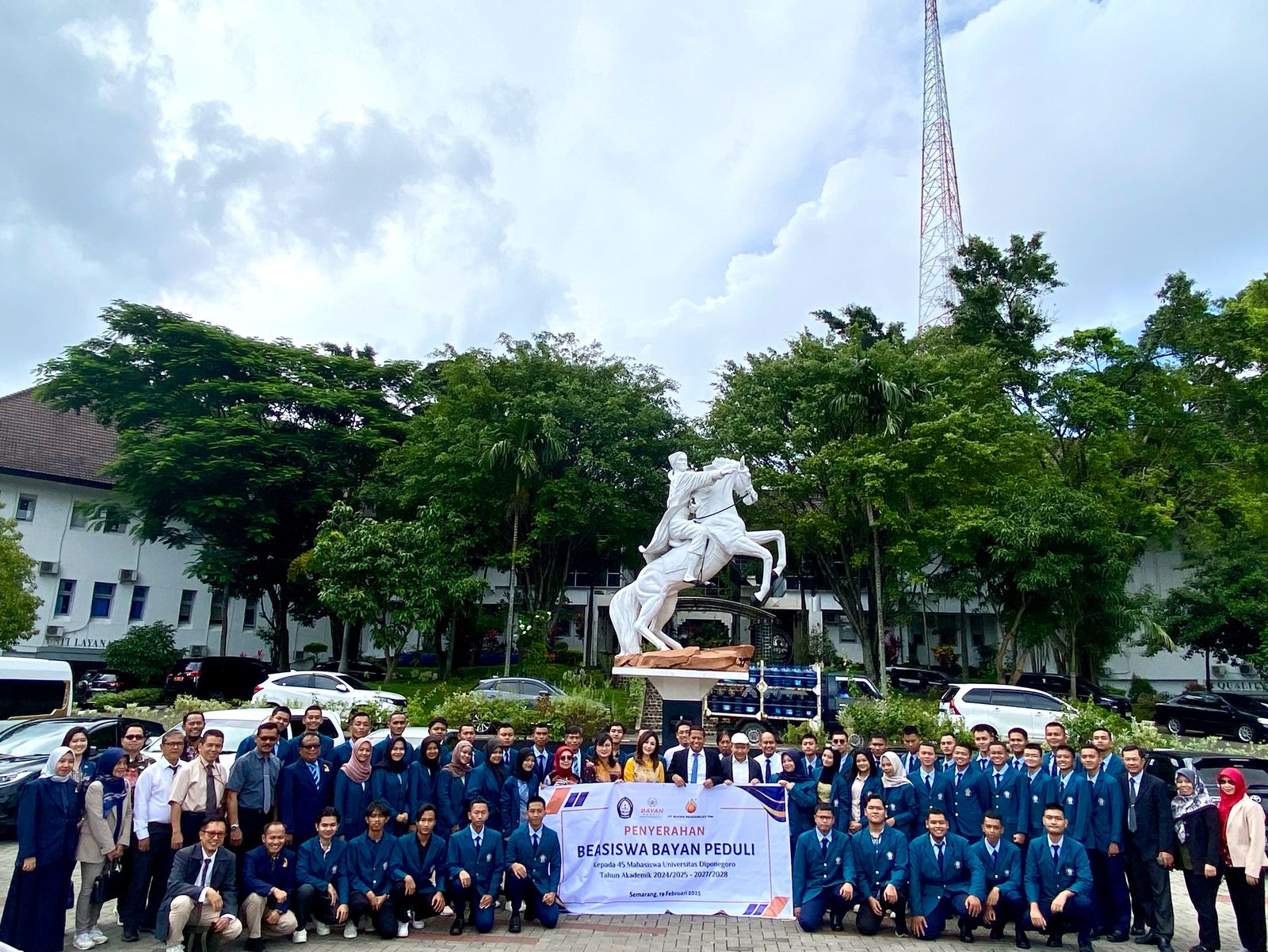Profile
History
Indonesia is the world’s largest archipelagic and maritime nation, with a marine territory of 5.8 million km2 and a coastline of 81,000 km. Its potential fish resources reach 12.04 million tons per year, with a MSY of approximately 10 million tons per year, or approximately IDR 300 trillion per year if calculated at a price of IDR 30,000 per kilogram. There is also potential in aquaculture, processing, biotechnology, energy, and tourism, with a total economic potential of approximately IDR 19,840 trillion. The fisheries and maritime sector employs approximately 13.7% (19.18 million people) of Indonesia’s total workforce (140 million people). The fisheries and maritime sector is crucial and a priority for development.
However, this potential has not been optimally utilized to improve the welfare of the Indonesian people, especially in the outermost, most disadvantaged, and least developed regions (3T) and coastal communities. Central Java is the second-most impoverished province on the island of Java. Limited access to higher education hinders young people from developing their potential to improve their well-being and make positive contributions to regional and national development.
In support of the Golden Indonesia 2045 vision, which aims to make Indonesia a developed and sustainably developing nation, Diponegoro University (Undip) is strongly committed to actively participating in poverty alleviation through the development of the fisheries sector. One strategic step is to provide young people with the opportunity to receive free higher education in the fisheries and maritime sector.
The Fisheries and Marine Technology and Business Study Program (PS TBPK) at Diponegoro University serves as a platform for producing innovative, resilient, committed, and professional young people in the marine fisheries sector. The PS TBPK offers a comprehensive and up-to-date curriculum, supported by qualified faculty and professionals/practitioners. Graduates of the PS TBPK are expected to possess the knowledge and skills needed to become entrepreneurs, managers, leaders, and drivers of fisheries and maritime sector development in Central Java, the 3T (Underdeveloped) regions, and island provinces.

